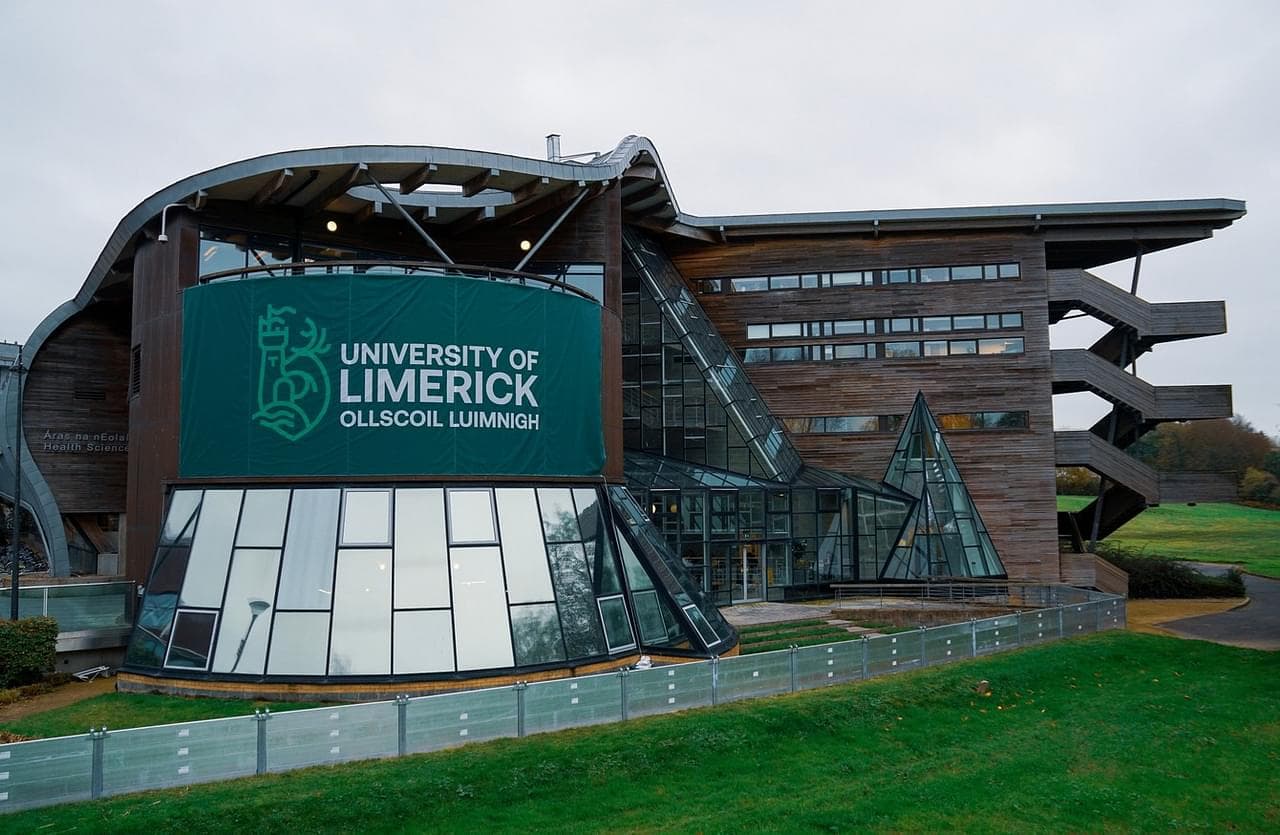The core subjects studied include:
- Biochemistry (study of the structure and biological function of cellular molecules such as proteins and DNA, and how these molecules interact to form living cells)
- Industrial biochemistry (study of the applications of biological molecules for medical, industrial, environmental, agricultural or analytical purposes)
- Microbial technology (study of microbiology and the uses of bacteria, fungi, yeast and viruses)
- Genetic engineering (identification, isolation, engineering and expression of genes in order to gain new insights into gene function or for the generation of gene-mediated industrial/medical products)
- Bioprocess technology (aspects of industrial-scale biotechnology manufacturing/processing)
- Analytical science (methods and techniques used to detect and quantify biological molecules/chemicals in samples, for example, measurement of hormone levels in blood or pesticide levels in water)
The programme is of four years duration.The first year (through LM123 Common Entry) provides you with the required academic foundation in:
- Biology
- Introductory industrial biochemistry
- Computing
- Chemistry
- Mathematics
- Introductory physics
The second year builds upon these fundamentals, introducing you to courses in:
- Biochemistry
- Microbial technology
- Bioprocess technology
- Analytical sciences
During the third and fourth years you will undertake additional specialised modules in biochemistry, genetic engineering, microbial technology, diagnostics, applied immunology and bioinformatics. In the final year a stream of elective modules allows the student to specialise in topics such as Biomaterials (new materials in the medical device industry), entrepreneurship, waste management and specialised biochemistry modules. A project, which is undertaken throughout the final year, allows students to analyse a problem in depth and, if interested in postgraduate research, gives you the opportunity to carry out an exploratory investigation of a potential research topic.
During the spring semester of year 3 and the subsequent summer, a period of Cooperative Education (student placement in industry) provides experience of the practice and application of industrial biochemistry in a working environment. Such relevant industrial experience, gained either at home or abroad, has proven particularly beneficial to students seeking employment in industry after completing their studies.
By the end of this course
You will have a deep knowledge of the concepts, facts and technologies that underpin industrial biochemistry. These areas include biochemistry, microbiology, genetic engineering, biotechnology and biochemical engineering. From here you will be very well placed to gain employment directly in industry, or go on to further studies, either within Ireland or internationally.
